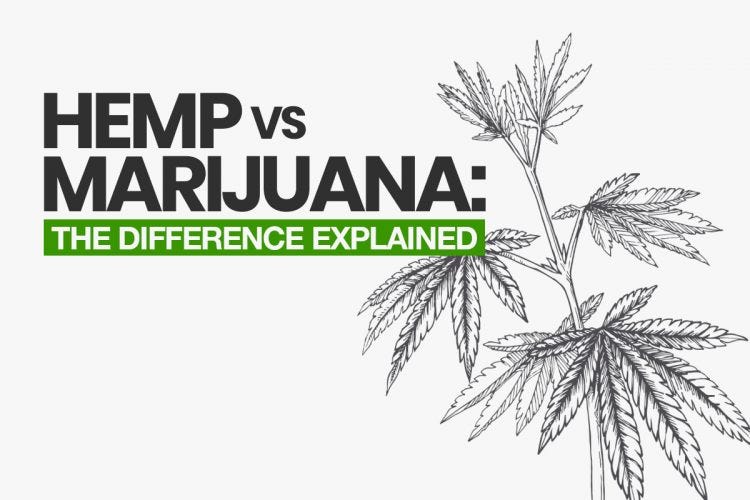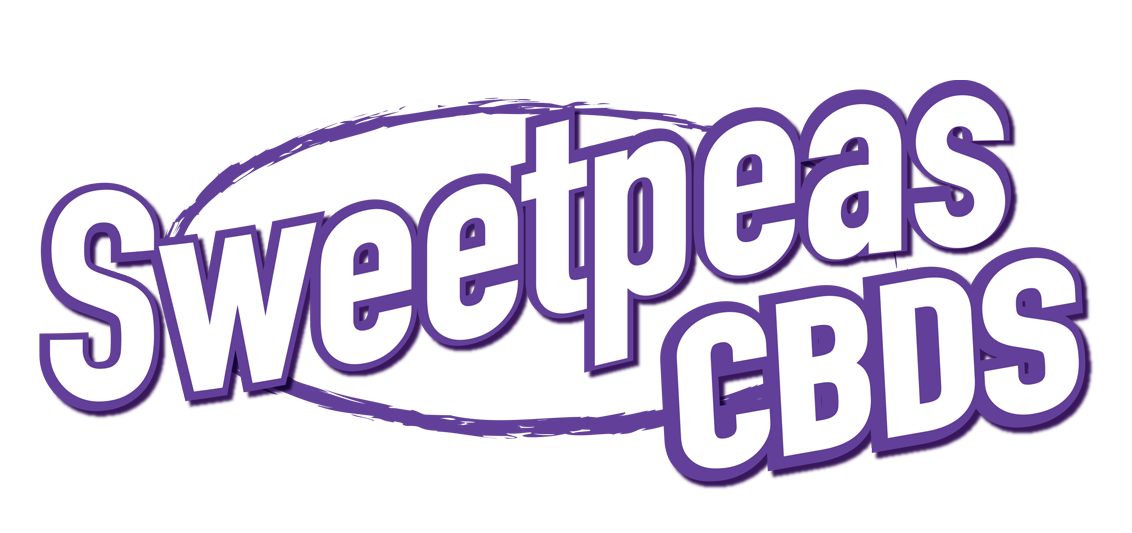- 727-475-7200
- info@newagedist.com
- 8565 Somerset Drive Suite A, Largo, FL 33773
Hemp VS Marijuana – do you know the diference

Hemp and marijuana, despite both being members of the Cannabis sativa family, exhibit striking differences, particularly in their usage and chemical composition, which significantly impact their applications in various industries. Here are ten main distinctions between hemp and marijuana:
- THC Content: Hemp contains less than 0.3% THC, making it non-psychoactive, while marijuana harbors higher THC levels, inducing the characteristic “high.”
- CBD Richness: Hemp is abundant in cannabidiol (CBD), suitable for producing CBD oil, capsules, soft gels, and edibles, offering potential therapeutic benefits without intoxication. Marijuana also contains CBD, but it’s often overshadowed by higher THC concentrations.
- Legal Status: Due to its low THC content, hemp-derived CBD products, including edibles, gummies, capsules, and oils, are legal in many regions, whereas marijuana-derived products face stricter regulations.
- Cultivation Purposes: Hemp is cultivated primarily for industrial applications such as textiles, biofuel, and hemp oil, while marijuana is grown for medicinal or recreational use, yielding flowers rich in cannabinoids like THC and CBD.
- Edibles and Consumables: CBD-infused edibles, gummies, capsules, and oils derived from hemp offer a convenient and discreet way to consume CBD for various wellness purposes, while marijuana edibles predominantly cater to recreational users seeking a psychoactive experience.
- CBN Presence: Although less common, CBN (cannabinol) is found in both hemp and marijuana, with emerging interest in CBN products for sleep aid. However, hemp-derived CBN products are less prevalent compared to marijuana-derived ones.
- Pet Treats: CBD-infused pet treats, oils, and tinctures derived from hemp offer potential health benefits for pets without psychoactive effects, whereas marijuana-derived products may contain levels of THC unsafe for animals.
- Topical Applications: CBD-infused topicals, such as balms, salves, and creams derived from hemp, are popular for skincare, pain relief, and relaxation, while marijuana-derived topicals are primarily sought for localized relief with potential psychoactive effects.
- Full Spectrum vs. Isolate: Hemp-derived CBD products often boast full-spectrum formulations, containing a range of cannabinoids and terpenes for enhanced therapeutic effects, whereas marijuana-derived products may offer CBD isolates or specific cannabinoid ratios tailored to consumer preferences.
- Accessibility: Hemp-derived CBD products are widely available for purchase online and in stores, offering a plethora of options ranging from oils to edibles, catering to diverse preferences and needs, whereas marijuana-derived products are subject to stricter distribution channels and regulations, often requiring access through licensed dispensaries.
In summary, while both hemp and marijuana offer various cannabinoids and potential health benefits, their differing THC content, legal status, and cultivation purposes dictate distinct markets and applications, emphasizing the importance of understanding these variances when selecting and using cannabis-derived products.
